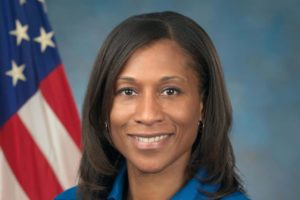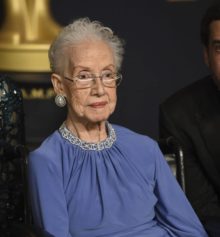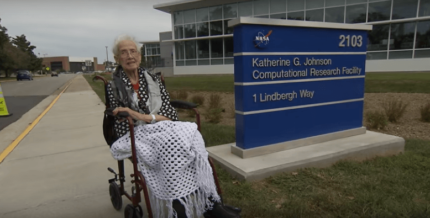
Jeanette Epps (NASA)
On the eve of the wide release of the Black female space scientists film “Hidden Figures” on Jan. 6, NASA revealed it is gearing up to add the first Black crew member to the International Space Station.
The independent agency announced Wednesday, Jan. 4, that Jeanette Epps will join long-time astronaut Andrew Feustel as he commands the 56th expedition of the ISS in March 2018. During the mission, Epps, who formerly worked for the CIA as a technical intelligence officer, will serve as a flight engineer and continue her work during the 57th expedition.
“Each space station crew brings something different to the table, and Drew and Jeanette both have a lot to offer,” said Chris Cassidy, chief of the Astronaut Office at NASA’s Houston-based Johnson Space Center. “The space station will benefit from having them on board.”
Epps earned her aerospace engineering doctorate from the University of Maryland in 2000 and during that time, she became a NASA Graduate Student Researchers Project Fellow. She then spent two years working at a research laboratory for the Ford Motor Company, where she helped write several patents before joining the CIA. She became part of NASA’s astronaut class in 2009.
In December, Epps shared images of herself gearing up for the trip onboard the Soyuz spacecraft, used to travel to and from the Space Station. After training, Epps completed exams on Dec. 16.
The astronaut, who will remain onboard the ISS for up to six months, explained to Lenny Letter last July her upcoming role will consist of not only research but maintaining the aging satellite.
“Even that work is research, though, partly because the ISS is the biggest flying experiment of all time,” she said. “We’re trying to keep that experiment going. My fellow flight engineer Alex Gerst and I will be experiments, as well. They’ll take data on our daily food intake, blood, things like that.”
But, regardless of all the labor she’ll put into the station, Epps said she’s most excited about the research she’ll complete.
“The gravitational force masks so many other processes that go on here on Earth,” she said. “Once you take that away, you can see the real nature of things. It’s amazing what we’ve already learned about genetics and cell structure.”


